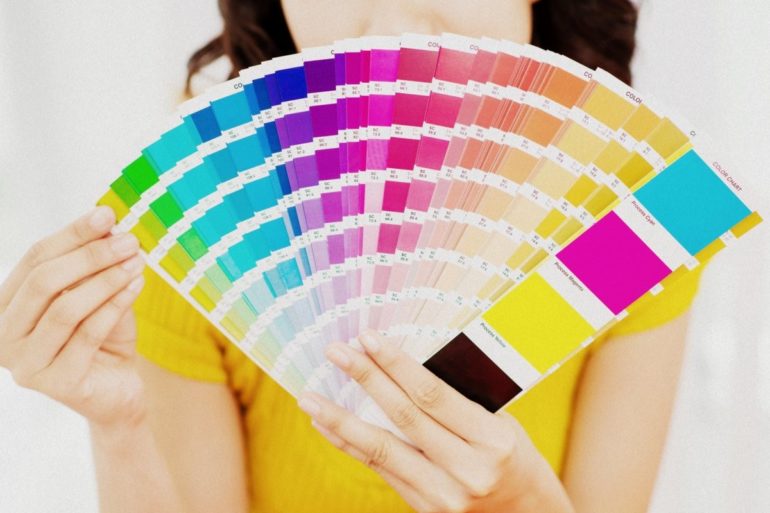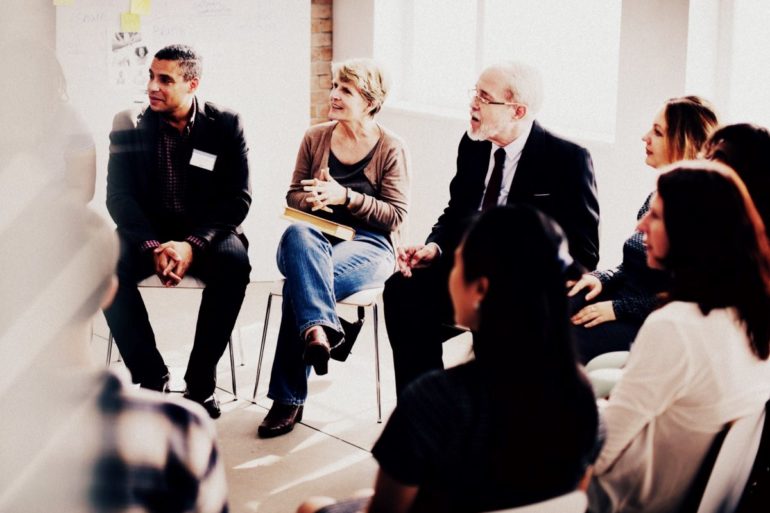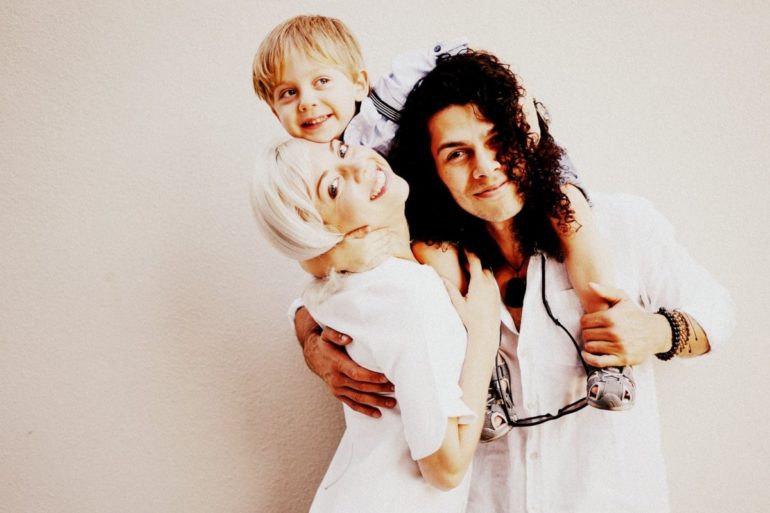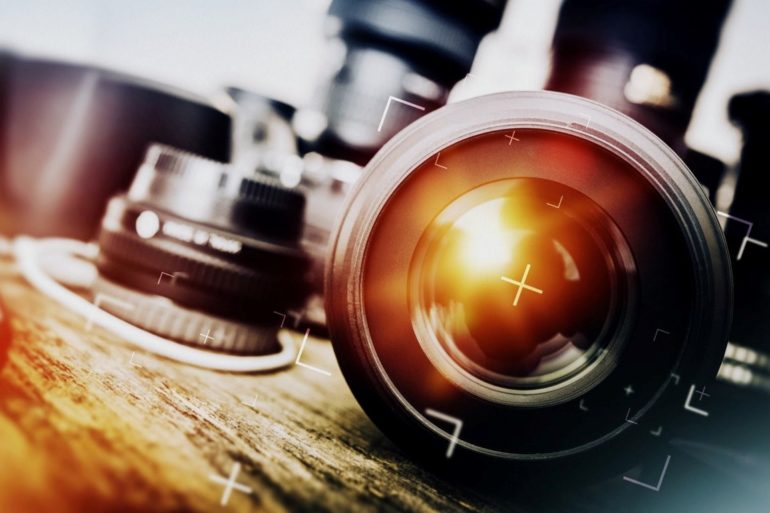A researcher has found that the specific colors used in a company’s logo have a significant impact on how that logo, and the brand as a whole, is viewed by consumers.
For some people, neither the carrot nor the stick will serve as a motivational tool
It's not just in movies where nerds get their revenge.
Psychological scientists have found that the size of different parts of people's brains correspond to their personalities; for example, conscientious people tend to have a bigger lateral prefrontal cortex, a region of the brain involved in planning and controlling behavior.
Iconoclasts are individuals who do things that others say can't be done.
People are better able to exercise self-control when they choose goal-pursuit strategies that fit with their promotion or prevention focus.
But when a task is presented as fun, researchers report in a new study, the same individuals often do worse than those who are less motivated to achieve.
People who look at the past through rose-tinted glasses are happier than those who focus on negative past experiences and regrets.
This advice is geared towards small business owners, particularly people who are just starting (or about to start) their own business.
Extraversion does not just explain differences between how people act at social events. How extraverted you are may influence how the brain makes choices -- specifically whether you choose an immediate or delayed reward, according to a study.
Do peoples’ personalities change after 30?











